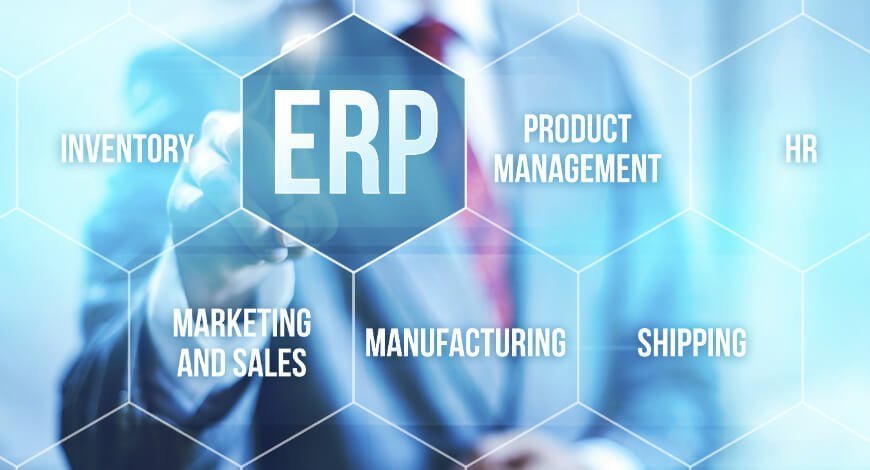Business Rules Automation
Supercharge your application landscape with our business rule engine.
Centralize your business logic for optimization of digital decision making. Simplify complex business rules, increase operational efficiency and minimize errors. Benefit from fast and transparent decision-making in real-time, while flexibility and transparency give you the control to customize your business rules.
What are business rules?
An example of a business rule:
‘If a customer’s credit score is higher than 600, assign the loan application.’
This rule and underlying rules to determine credit score can be easily implemented in a Business Rule Engine to make consistent, efficient and transparent decisions on loan applications.
Benefits of a Business Rule Engine
Improved efficiency
Automating (complex) business rules and reducing routine tasks and manual intervention improves operational efficiency.
Quick decision making
A Business Rule Engine allows companies to make decisions in real time based on predefined rules. This results in faster and more consistent decision making, which is crucial in a business environment where rules need to be applied and changed quickly.
Minimization of errors
Automating business rules with a Business Rule Engine significantly reduces human error. Setting the rules accurately minimizes the chance of errors, inconsistencies and misinterpretations.
Flexibility
A business rule engine gives customers the flexibility to make changes to business rules quickly and easily without IT know-how. This makes adapting to changing circumstances, compliance requirements or internal policy changes easy.
Automate processes with low-code
McKinsey research shows that up to seventy percent of employees’ current tasks can be automated. This opens the door to profound changes in the way companies operate. At Bizzomate, we can help automate with low-code and give advice on which processes in your company are best suited for this. Download the white paper and discover the future of efficient business!
What people say about us
The result
With process automation, you can save a lot of time spent on common and recurring processes. Those savings can make you more efficient as an organization, or give you more time to focus on initiatives that add real value to your organization and make work more enjoyable for colleagues.
Improve risk management
By reducing the risk of errors and compliance problems
Promote innovation
By automating routine tasks, employees can focus on initiatives around innovation
Make data-driven decisions
With valuable data from automated systems
Increase Scalability
Scale up faster as demand increases
Improve Customer Service
Through automated processes a faster and more streamlined service
Increase Productivity:
By having some of the tasks performed by automated systems
Frequently asked questions:
How do I use a business rule engine?
With our business rule engine, it becomes possible to model business rules in a simple and systematic way. The business rule engine can then be called by (low-code) applications to automatically apply the business rules to your business processes.
When should I use Mendix for process automation versus RPA?
Mendix application development and workflow, and RPA can be very complementary. Use Mendix for process automation when you want to model and integrate complex business processes across systems, with a focus on flexibility and user experience. Choose RPA when your primary goal is to automate repetitive, rule-based tasks without changing the underlying systems.
When should I use Mendix for process automation versus iBPMS?
There is an overlap in the types of processes that Mendix and BPM vendors can address.
Use Mendix for process automation when you need rapid development and deployment of applications that require seamless integration between different systems and a high degree of adaptability. Choose an iBPMS when your focus is on complex business processes that require extensive workflow management capabilities and in-depth process analysis.
What business processes can be automated?
There are several business processes at almost every company that can be automated. The most common processes that can be automatedarethe invoicing process, inventory management and data entry. Software then for example for that invoices are automatically prepared and sent and payments are tracked. As a result, fewer errors are made and employees spend less time on administration.
This is how we help you
Challenge us!
Legacy Replace software that is getting in the way of your digital transformation, digitize complex business processes or need help with a complicated integration? We will help you further.

























